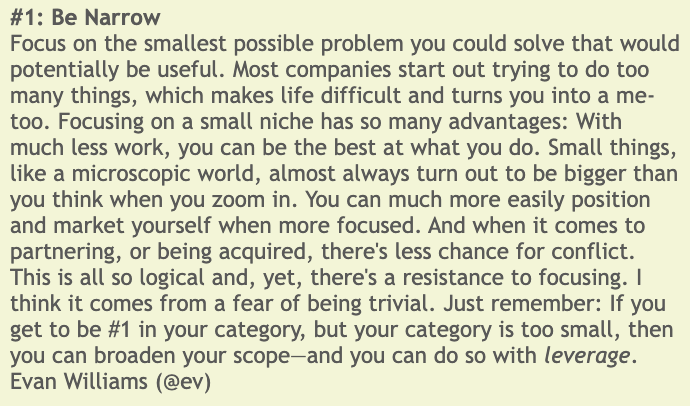
Every single company, no matter what size, has document access-risks that they don't know about. Why?
Because it’s so easy for any employee or vendor to share company information.
Let me explain…
Because it’s so easy for any employee or vendor to share company information.
Let me explain…
Over half (52%) of the people we’ve surveyed have added their own or a coworker’s personal email to company documents.
This problem is so widespread that the average 1,000+ employee company has tens of thousands of personal email accounts that have access to company documents.
This problem is so widespread that the average 1,000+ employee company has tens of thousands of personal email accounts that have access to company documents.
51% of people said that they have accidentally created work documents using their personal email account.
That means no two-factor authentication (2FA) protection, and no control of those documents, either. They could get leaked or deleted at any time.
That means no two-factor authentication (2FA) protection, and no control of those documents, either. They could get leaked or deleted at any time.
35% of people said that they can still access their former employers' company documents in Google / Microsoft / Box / Dropbox.
That’s just people who tried to check. 27% haven’t looked to see if they still have access.
In many cases, access persists long after employment ends.
That’s just people who tried to check. 27% haven’t looked to see if they still have access.
In many cases, access persists long after employment ends.
When people leave companies, the reality is that many take information with them.
45% of surveyed people admitted to taking documents when exiting a company. Another 9% would rather not answer.
45% of surveyed people admitted to taking documents when exiting a company. Another 9% would rather not answer.
Vendor access to documents can last for years after work is complete. This access can be a breach of contract and can even result in lawsuits.
Only 40% of people claim they always remove a vendor’s access to documents when they are done working with them.
Only 40% of people claim they always remove a vendor’s access to documents when they are done working with them.
Every company has severe access-risk, some of which could cost them millions.
If founders, CEOs, and leaders only knew about these risks… they’d make it their top priority to secure company documents, right away.
Learn more about the risks here: nira.com/employee-secur…
If founders, CEOs, and leaders only knew about these risks… they’d make it their top priority to secure company documents, right away.
Learn more about the risks here: nira.com/employee-secur…
• • •
Missing some Tweet in this thread? You can try to
force a refresh






